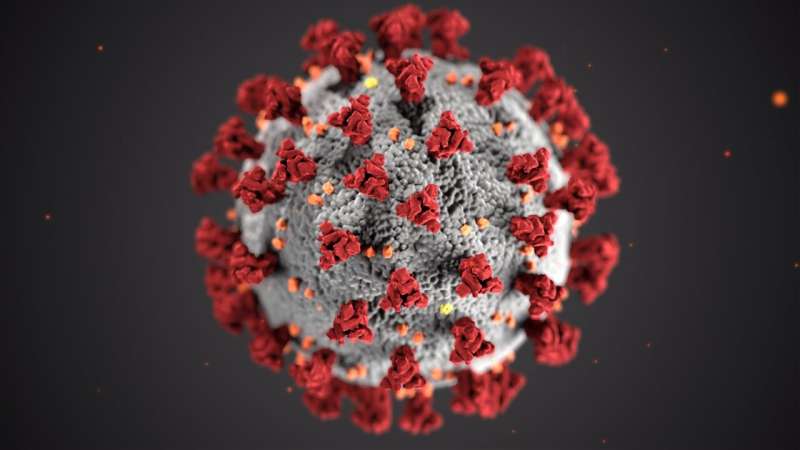By analyzing millions of viral genome sequences from around the world, a team of scientists, led by the Peter Doherty Institute for Infection and Immunity (Doherty Institute) and the University of Pittsburgh, uncovered the specific mutations that give SARS-CoV-2 a “turbo boost” in its ability to spread.
“Among thousands of SARS-CoV-2 mutations, we identified a small number that increases the virus’ ability to spread,” said Professor Matthew McKay, a Laboratory Head at the Doherty Institute and ARC Future Fellow in the Department of Electrical and Electronic Engineering at the University of Melbourne, and co-lead author of the study published in Nature Communications.
Many of these key mutations are in the spike protein, which helps the virus enter human cells and is the target of antibodies. But the team also found important mutations in other, less-studied parts of the virus that enhance its ability to bind to human cells, evade the immune system or alter protein structure.

